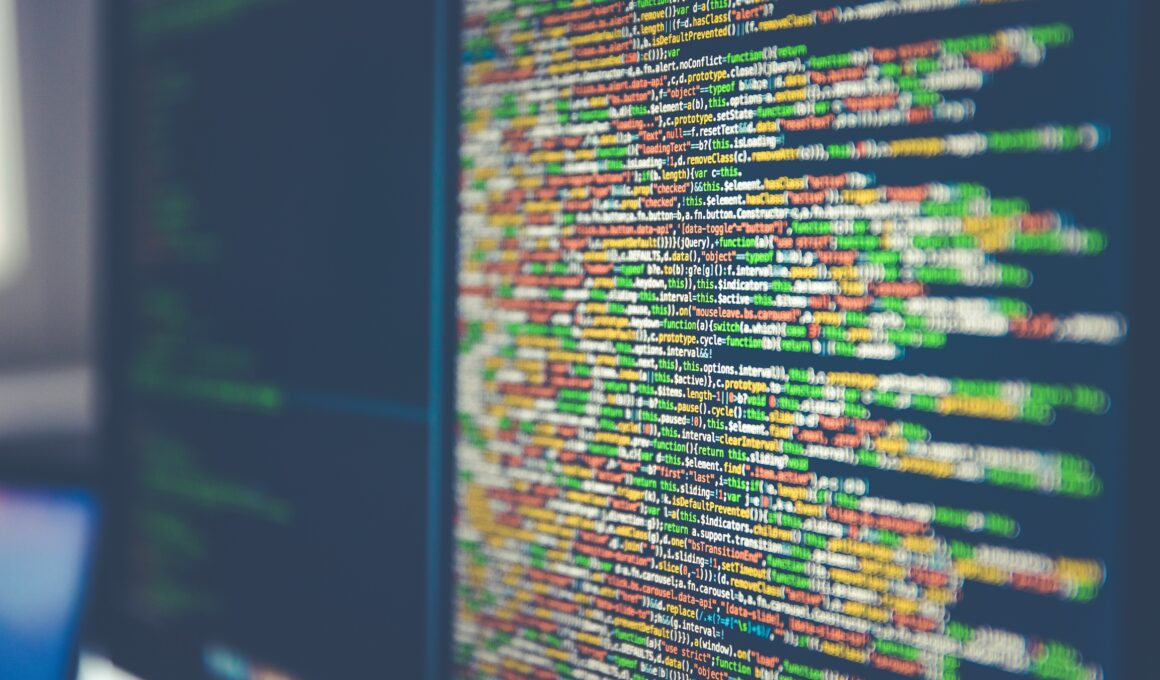In the rapidly evolving landscape of technology, artificial intelligence (AI) stands at the forefront, promising unprecedented advancements and solutions across various sectors. Yet, a pressing question looms large: Is AI slowly sabotaging its own existence along with the very fabric of the internet?
The Complexity of AI Development
As AI systems become more sophisticated, the concerns surrounding their sustainability and ethical implications grow increasingly daunting. The evolution of machine learning and neural networks has provided us with tools capable of executing complex tasks, but it also introduces vulnerabilities that could jeopardize not only AI itself but the entire digital ecosystem.
Algorithmic Bias: A Double-Edged Sword
One of the most significant challenges facing AI today is algorithmic bias. AI systems learn from data that often reflects historical patterns; therefore, if these datasets are flawed or biased, the outputs produced by AI will also inherit these shortcomings. This can lead to:
- Misinformation
- Exacerbation of societal divides
- Weakening the integrity of information shared online
As misleading AI-generated content becomes more prevalent, the trustworthiness of our digital platforms is increasingly at risk. With each incorrect assertion, the very foundation on which the digital world stands is eroded.
The Challenge of Echo Chambers
Another concern is that AI systems, designed to optimize for efficiency, may unintentionally promote a lack of diversity in thought and truth. The emergence of echo chambers can suppress dissenting voices, creating an environment where critical debates falter. While AI can sift through vast amounts of data to provide enlightening insights, it poses a significant risk by amplifying:
- Biases
- Errors
This not only hampers the discourse but also constricts the benefits AI could offer in enriching our understanding through diverse perspectives.
The Saturation of AI Content
As AI-generated content infiltrates the internet, a troubling question arises: Will the unique human perspective become a luxury rather than a standard? The proliferation of machine-generated material threatens to drown out authentic human voices, leading to a potential stifling of:
- Creativity
- Originality
If the digital landscape becomes dominated by AI, we may well see a future where true innovation takes a back seat to algorithms set on optimizing trends rather than fostering new ideas. It is imperative to recognize that while AI can generate impressive outputs, the intrinsic value of the human touch must not be overlooked.
The Necessity for Collaboration
To navigate these intricate challenges, a multi-faceted approach is essential. Technologists, policymakers, and ethicists must collaborate to establish frameworks prioritizing:
- User safety
- Openness
- Diversity of thought
This can be achieved through:
- Responsible AI practices: Developers should prioritize ethical considerations at every stage of AI development.
- Continuous auditing of algorithms: Regular checks can help identify and mitigate biases, ensuring that AI systems function fairly.
While AI possesses immense transformative potential, addressing the existential threats it poses to itself and the fabric of the internet is crucial. Our ability to wisely harness this technology will determine whether we enhance or endanger the digital ecosystem that connects us all. Finding a balance between innovation and ethical considerations will be fundamental to ensuring a future where AI acts as a positive force in society.
In summary, the concerns surrounding AI and its implications for the internet cannot be ignored. As we stand on the brink of a technological revolution, it is imperative to advocate for a vision that champions not just advancements in AI but also the enduring values that foster creativity, diversity, and truth within our digital world.






